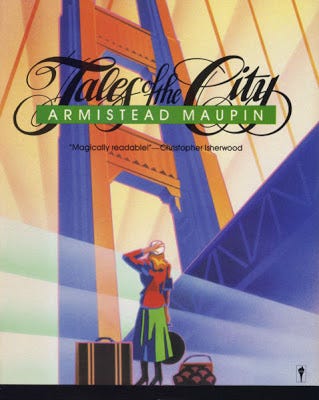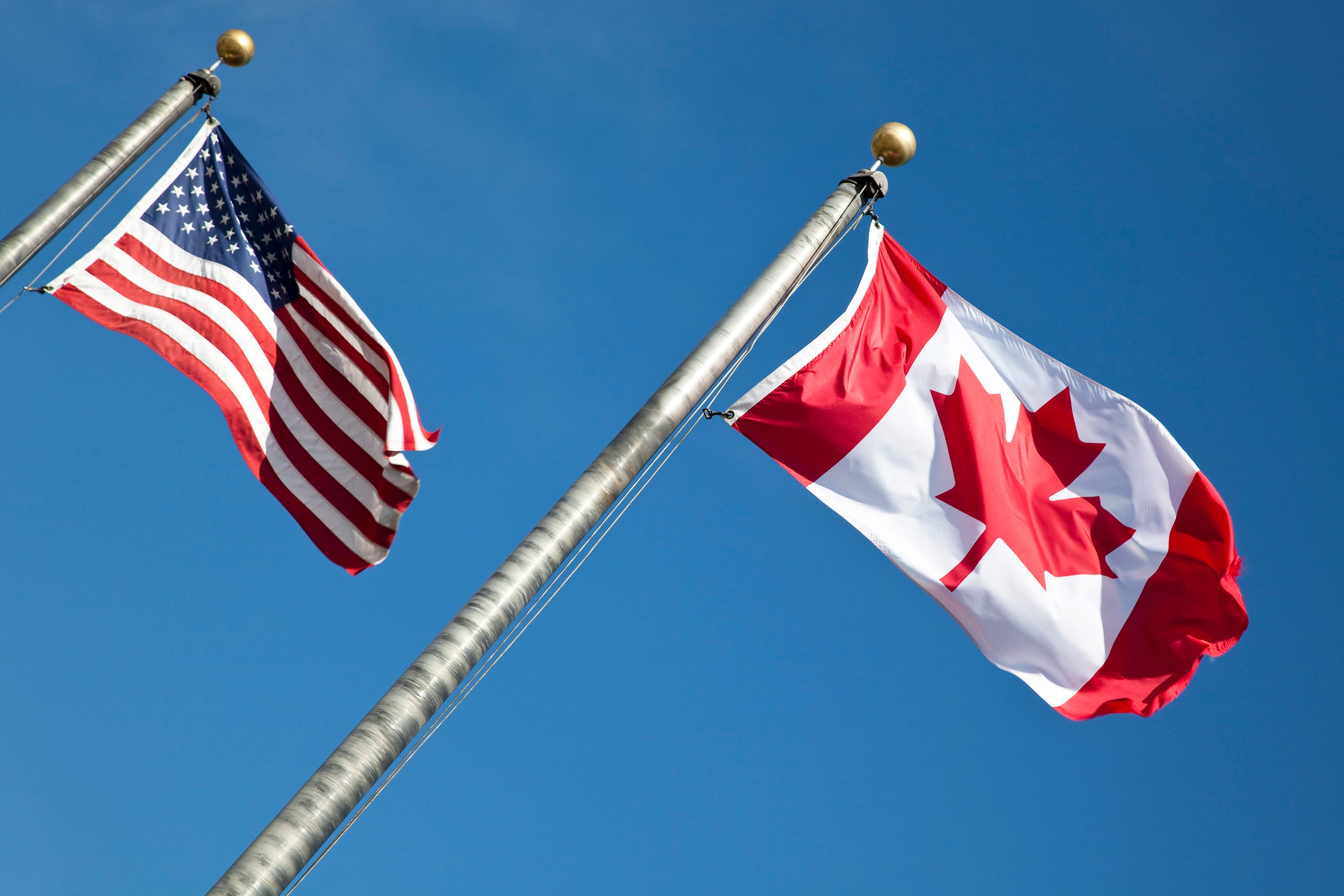
It’s been more than a decade since I gave up soda. Coca-Cola in particular.
I kept hearing about its harmful health effects. I’d been a committed one-Coke-a-day guy for almost a decade, then a Diet-Coke-a-day guy for most of another. I was sure I was hooked, had less chance of quitting than I would have much stronger stuff. Heck, there’s even evidence that some Cola ingredients are as addictive as any—and let’s not forget, once upon a time, the product contained a certain particularly habit-forming substance that made up part of its name.
But nope. One day I just stopped and…that was that. Oh, I still drink some from time to time, particularly the Mexican-sourced variety, the one that uses cane sugar instead of high-fructose corn syrup. But once I quit, I never went back to daily or even weekly use. I’m at fewer than one a month these days. And I really don’t miss it.
I wonder if the same will be true about Facebook.
I was a (somewhat) early adopter of social media: Friendster in 2003, MySpace in 2004, LinkedIn around 2005, Facebook in 2007, Twitter in 2008. I probably would’ve been on Facebook even sooner if I was of the generation still in school when the platform was using college as a combined exclusivity ticket and way to scale up incrementally. It was a master strategy to build a global online brand that now attracts a surprisingly large fragment of all humanity.
At first, it made sense, the whole social network thing. Once we had telephone books, newsstands, our own address books, home phones, mobile phones, email. Now we had it all in one place, everywhere, all the time, mated with the capabilities of old-school BBSes and the power of video-capable computing. Social networks went from wonder to utility in a very short time.
Thing is, this killer app of the Internet age didn’t come free. Lots of them started or scaled as venture-backed enterprises…and VCs don’t run charities. It also had become clear, after the age of Napster and Limewire, that people had a thing against paying for content online. The mindset was: it’s not on physical media; it shouldn’t cost anything!
Except most of the cost of putting out media isn’t the medium it’s on: it’s paying talented, experienced people to create the content. And paying talented, experienced people to curate it. And paying talented, experienced people to write the code and maintain the systems that keep something like this up and running. For years, people talked about nothing making money online except porn (remember those days?) and nobody having figured out the economics of online advertising. Well, turns out, the economics are alarmingly similar to advertising anywhere else: if there are a lot of people spending a lot of time in one place, that place can sell that value, the value of those eyeballs, to the highest bidder. Best of all, unlike the random spray of TV or print ads, Facebook had all this data on who a person was. Which meant they could sell advertising that was targeted. Micro-targeted. Perfectly targeted.
That was the devil’s bargain we collectively struck, when we said we didn’t want to pay for something that we knew not to be free. The system found a way to monetize us, effectively turning consumers into the product.
Now, all that would be fine and dandy in the naïve old world of thinking shitty, bad, fake advertising never works, and that if it did, regulatory mechanisms and/or media gatekeepers would keep it out of the system. Except, that means admitting you’re actually a media company, which Facebook had repeatedly refused to do. I’m only more convinced of this as one of a relatively few people who’s worked in both the creative side of media and the technical side of tech, witnessing over two decades as the latter industry transformed itself from a fringe curiosity to one of America’s economic powerhouses. Because, to steal from Spider-Man for a minute, with great media-company power comes great media-company responsibility.
I’m not a complete Luddite, of course. I recognize that popular products and innovations have their place, their legitimate reason for being popular to begin with. I also know a number of perfectly fine individuals who work, or have worked, for today’s flavor of Big Blue. And I know the company I’m shunning also owns Instagram, which I still actively use, meaning at least some of the espionage harvested from us all is at least in some tiny way still gleaned from me.
But Facebook as Facebook? It’s long since stopped being useful for me at connecting with people, given so many other options out there in the wild. I’m already in touch with everybody once long-lost. And so weary had I grown of those endless “feeling happy/sad/grateful” posts that I’d unfollowed pretty much everybody, save a dozen or two close family and friends whose lives and opinions really matter to me. Well, that and a few legitimate news sites, the ones close to the top of that pyramid of responsibly-fact-checked, sober journalism.
But why do I need Facebook for that if I can just download the Atlantic app? And the New York Times app? And (platform plug) Medium? And, for photos, Instagram, where pictures are worth a thousand far less nasty and discordant words than what’s found on their literal big brother.
We’ll see how long this lasts. Maybe it’ll take a bunch of us on a Facebook vacation for the social media behemoth to tinker with its core product, re-evaluate its role in the world, and lure us back with an improved, sounder offering. Or maybe I’ll find it harder than I think, quitting a two-billion person entity cold turkey. For now, I’m logged out on all devices. I’ll post articles like this one to my Facebook feed from outside. Need to reach me? Try me in one of these other spots.
We all moved to Facebook once. We can move again.

